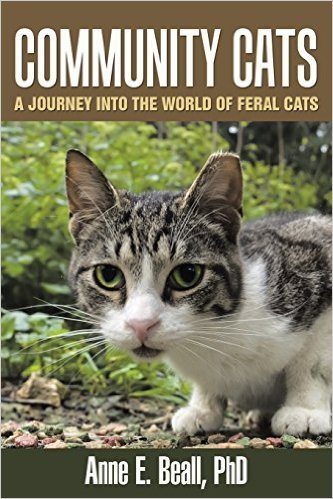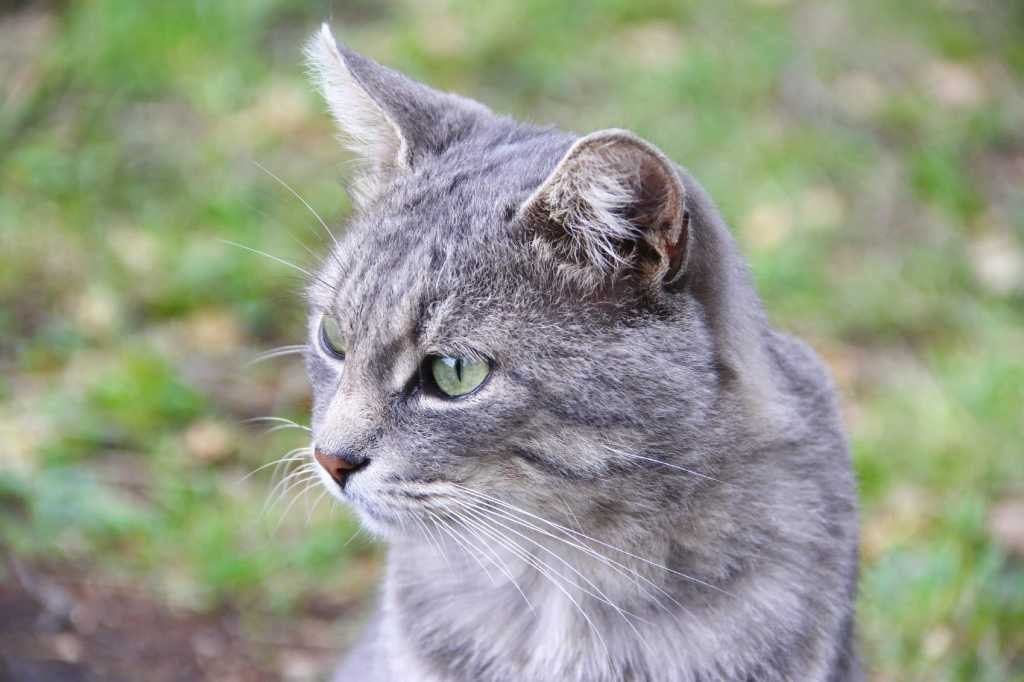 Anne E. Beall is quite the Renaissance woman. She has multiple degrees, including a Masters of Science, Masters of Philosophy, and a Ph.D. in social psychology from none other than Yale University. When she isn’t working as the CEO of Beall Research, Inc., she is writing numerous books in various fields, including market research, gender, and workplace communication. Her most recent endeavors are a slight change of pace from her usual work, however.
Anne E. Beall is quite the Renaissance woman. She has multiple degrees, including a Masters of Science, Masters of Philosophy, and a Ph.D. in social psychology from none other than Yale University. When she isn’t working as the CEO of Beall Research, Inc., she is writing numerous books in various fields, including market research, gender, and workplace communication. Her most recent endeavors are a slight change of pace from her usual work, however.
Trap Neuter Return (T-N-R) Program
Dr. Beall has only recently begun her work with feral cats, shortly after finding out about a program in her Chicago area that promoted the use of feral cats as pest control. It all started because Dr. Beall and her husband found a rat running around outside their home, and her attempt to find a solution led her to the Tree House Humane Society in Chicago, which has a “Cats at Work” program. From there, Dr. Beall (ever the researcher) began studying just how effective the T-N-R (trap-neuter-return) programs were, and how feral cats interacted with one another and the people who tried to care for them.

Community Cats
Dr. Beall’s research also takes into account the general attitude most Americans hold towards feral cats, and her findings in her new book, Community Cats, illustrates the many positives that are brought about by a program like the Tree House Humane Society’s “Cats at Work.” Before implementing this idea, feral cats were trapped and euthanized by the Chicago animal control department, which was increasingly expensive (about $300 per cat).
Saving Feral Cats
After the humane society implemented this idea, Dr. Beall and her husband (and others) were able to become approved caregivers to neutered feral cats, which helps with the pest control many Chicagoans experience, as well as the high rate of kills and disposals of these cats. 1.5 million cats are trapped and killed every year, but feral cats are not easily adopted and end up euthanized.
Dr. Beall’s latest book, Community Cats, provides an in-depth analysis of T-N-R programs, the interrelationship between humans and ferals, and also shows ways to promote similar programs in other places across the country. These types of programs, Dr. Beall, finds through her research, can save many cat lives and increase general public attitudes towards finding alternative solutions to American shelter issues.
Through her research in the book, Dr. Beall gathers more scientific and statistical support to show that these Community Cat projects are not only humane but the most cost-efficient method. Many veterinarians subsidize the cost of neutering and spaying for trapped feral cats, and the only other costs associated with the program are simple houses, litter boxes, and food. After that, the cats are mostly self-sufficient. Using these findings, Dr. Beall has provided other communities with the support they need to institute these programs in other areas and has put a spotlight on the volunteers that make these efforts possible.
Effective Animal Control Through T-N-R
With her findings, Dr. Beall makes a solid case for T-N-R programs as an effective animal control method that is beneficial to the community as a whole. Her research also helps to dispel any social stigmas associated with feral cats, as many people believe it is more humane to euthanize and dispose of them rather than leave them to starve or expose them to the elements. Community Cats and Dr. Beall herself are great resources for the animal shelter community and humane societies across the country. Her findings can help lead the way for future improvements in other cities and countries, and help save the feral cat population as well as taxpayer money.









